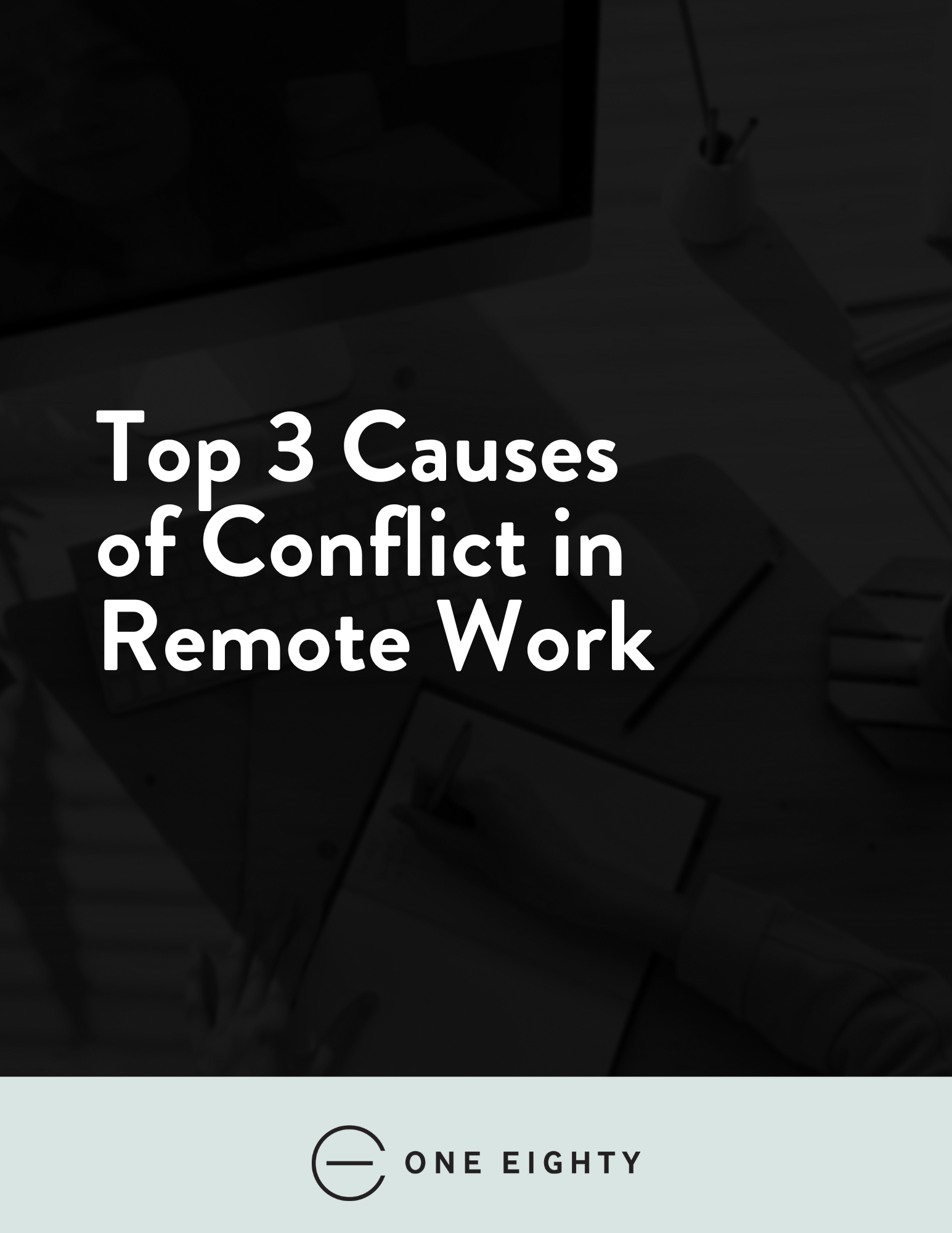In the modern workplace, performance management is a crucial area that intersects significantly with human resources and organizational behavior. Effective performance management not only aims to enhance productivity but also focuses on fostering a supportive atmosphere that promotes professional growth and satisfaction. Conflict resolution, constructive feedback, and coaching are integral components of this process. This article explores how these elements can be effectively utilized to resolve conflicts within teams, improve communication, and ultimately boost organizational performance.
In today's fast-paced business world, agile work environments have become increasingly popular.
These environments prioritize flexibility, speed, and collaboration, allowing organizations to respond swiftly to market changes and customer needs. However, the very nature of agile work environments — with their emphasis on teamwork, rapid decision-making, and iterative progress — can also give rise to conflicts.
Read MoreIn the intricate dance of human relationships, whether in the workplace, personal lives, or international relations, the clarity of expectations plays a pivotal role in steering clear of conflicts. As misunderstandings and mismatched expectations are often the root of disputes, setting clear expectations emerges as a crucial strategy for conflict prevention. This article delves into the importance of clear expectations, providing insights into how they can be effectively communicated and maintained to foster harmony and mutual understanding.
Read MoreAddressing conflict in a remote work setting requires a nuanced approach that acknowledges the unique challenges and dynamics of virtual communication. The lack of face-to-face interaction can often exacerbate misunderstandings and make conflict resolution more complex. However, with deliberate strategies and tools, organizations can effectively manage and resolve conflicts among remote teams.
Read MoreIn the era of digital transformation, remote work has become a staple for businesses worldwide, transcending geographical limitations and offering flexibility like never before. However, the transition from traditional office environments to virtual workspaces has highlighted the critical need for effective communication strategies. These strategies are essential not only for maintaining productivity but also for fostering a sense of belonging and teamwork among remote employees. Here are some key strategies to ensure communication success in remote work settings.
Read MoreThe advent of technology has facilitated the rise of distributed teams, allowing organizations to harness talent from across the globe. However, the geographical dispersion introduces unique challenges, particularly in the realm of conflict resolution. The lack of face-to-face interaction can exacerbate misunderstandings and cultural differences, making effective communication and conflict resolution paramount. This article explores strategies to bridge the distance and foster a cohesive and productive working environment for distributed teams.
Read MoreVirtual meetings and discussions have become an integral part of modern work environments, offering flexibility and accessibility. However, as with any form of communication, conflicts can arise in virtual settings, often due to miscommunication, differing perspectives, or limited non-verbal cues. To ensure productive and harmonious virtual meetings, it is essential to employ effective conflict resolution techniques. In this article, we will explore strategies for resolving conflicts in virtual meetings and discussions, fostering understanding and collaboration among team members.
Read MoreIn any workplace, you’re bound to encounter different personality types. Unfortunately, not all personalities you’ll encounter are healthy, and some may even fall under the category of a High-Conflict Personality (HCP). Download and learn more.
Read MoreIn our last article, we talked about how to recognize emotional stress at work. In this article, we’ll share a few healthy ways to manage and recover from emotional stress in the workplace.
Read MoreEmotional stress poured into all aspects of life during the pandemic. Fear from health risks, fear of being laid off or moving to a remote work model, or experience grief for the loss of life across the world. The overwhelming emotions of the pandemic incited a long-lasting state of emotional stress in the lives of employees across our nation. In this article series, we’ll answer questions like what emotional stress is, how you can notice the signs, and how can emotional stress cause problems if left unmanaged.
As humans, we’re constantly searching for common ground to connect with others. Core values help us do that with a shared, organizational ethos that relates to people both as individuals and team members. Similarly, a business’s core values can also set the tone for professional relationships in the workplace.
Read MoreOne of the hardest things while working remotely is figuring out how to communicate effectively. Since you’re in the comfort of your own home and not in a traditional office setting, it can be difficult to remember that you’re at work. The remote worker is an island unto themselves in many ways. Leaders attempt to bring the team together as much as possible with camera-on meetings, one-on-one check-ins, and virtual team-building exercises. Still, remote workers are their bosses, their project managers.
Read MoreYou’ve worked hard all year. You’ve sacrificed time, energy, and other opportunities to reach your work goals. As the final quarter wraps up, it’s time to celebrate your professional accomplishments. Sometimes Christmas bonuses are offered, promotions are announced, and one final update is given. In this article, we’re offering party planning tips for leaders and etiquette tips for employees.
Read MoreAs we start to close out the year and embark on a new year, ensuring you have successful meetings as a facilitator are critical. Download and read more.
Read MoreEven when framed in a positive light, the term “workplace conflict” sounds like an unpleasant one. It implies arguments, power struggles, fights—basically everything people try to avoid, especially at work! Download and learn more.
Read MoreThink you might be experiencing conflict at work? Maybe it resulted from miscommunication, a tight deadline, or something more personal, but the bottom line: it’s something you can’t solve on your own. Download and learn more.
Read MoreOne of the hardest things while working remotely is figuring out how to communicate effectively. Download and learn more.
Read MoreThe term quiet quitting gives the impression of a passive-aggressive middle finger to overbearing leadership and overtime hours. It’s being called the rebellion of the lazy and accused of meaning starting the workday at 10:00 a.m., leaving at 3:00 p.m., and including an hour of lunch with four 20-minute breaks. To whoever believes this definition, we strongly recommend digging deeper into the concept of quiet quitting rather than the trendy phenomenon making it popular.
Read MoreMany of us were taught through behaviors modeled - perhaps by our parents, family members, bosses, and/or leaders - that being agreeable is important – especially at work. Get along with your colleagues. Download and learn more.
T
Read MoreFrom a purely literal perspective, the phrase, “let’s agree to disagree” sounds fine. It implies that although two ideologies are very different, those who subscribe to them can still coexist. Download and learn more.
Read More



















